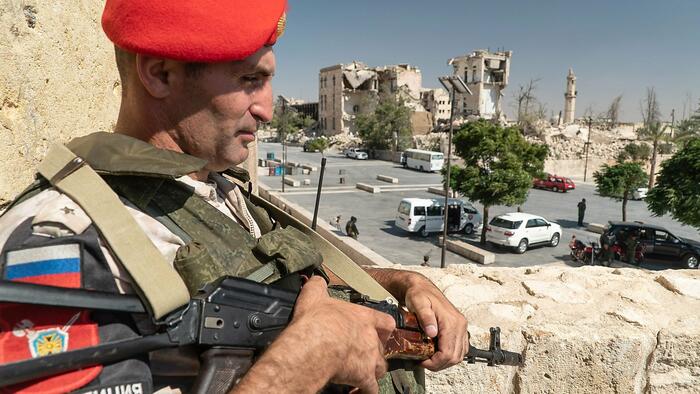In a critical development regarding the ongoing conflict in Syria, Russia, Bashar al-Assad’s primary ally, has instructed its citizens to evacuate the country amid escalating hostilities from the extremist faction Hayat Tahrir al-Sham (HTS). This group, which has ties to al-Qaeda, is advancing towards central Syria after seizing control of areas in Aleppo. The Russian embassy in Damascus issued a strong advisory urging its nationals to leave Syria due to a “difficult military and political situation.” This departure order signifies growing concern over the conflict’s trajectory, as rebel forces intensify their campaigns against Assad’s regime. Additionally, China has joined in urging its citizens to depart promptly, reflecting a broader international apprehension regarding Syria’s deteriorating security landscape.
The urgency of these advisories comes as reports indicate significant territorial gains by rebel factions, particularly in the northern countryside of Homs. According to local news outlets, Syrian rebels have successfully taken full control of this region, which is strategically important for both the military dynamics on the ground and the humanitarian situation. The absence of strong resistance from the Syrian Army has been noted, suggesting that Assad’s forces are possibly reallocating troops to protect key population centers, including Damascus and coastal areas. This strategic withdrawal raises questions about the sustainability of Assad’s control and the effectiveness of Russian military support in countering the advancing rebel factions.
Despite the evacuation notices, Russia’s military presence in Syria remains intact, as their forces have been engaged in support of the Assad regime since 2015. Russian warplanes continue to conduct air strikes in conjunction with Syrian military operations. Nonetheless, the military backing does not seem to be ameliorating the current on-ground situation effectively, with reports indicating a lack of operational response from the Syrian Army. The situation is further complicated by the control of Aleppo International Airport by jihadist groups, which poses significant logistical and operational challenges for any foreign military presence aimed at supporting the Assad government.
This situation is further exacerbated by additional military actions in the region. Notably, Israeli airstrikes on border crossings between Lebanon and Syria have intensified, complicating the already fragile ceasefire that had been recently established. The Israeli military’s targets have reportedly included the Arida border crossing, an essential conduit for goods and possibly combatants. This act illustrates the broader regional tensions that influence the conflict in Syria and underscores the intricate web of alliances and hostilities shaping the current environment.
Iran remains an influential actor in the Syrian conflict, with reports indicating a continued commitment to supporting Assad’s forces through the deployment of militias and additional Iranian officers. Although there have been questions regarding Russia’s potential military escalations in response to HTS’s advances, the focus appears to be on diplomatic engagement with regional players such as Turkey and Iran. Russian Foreign Minister Sergey Lavrov has indicated a willingness to discuss the ongoing support for armed groups within Syria, highlighting a complex international dimension to the conflict that extends beyond mere military calculations.
As the situation unfolds, the potential for additional escalations in Syria seems increasingly likely. Both the inability of Assad’s government to maintain territorial integrity against a resurgent rebel front and the multifaceted international interests at play—including those of Russia, China, Iran, and Israel—point to a volatile future. The ongoing humanitarian impact of this instability is considerable, with civilian populations caught in the crossfire of military engagements and deteriorating security. The recent calls for evacuation from both Russia and China highlight an urgent need for diplomatic resolutions to a conflict that has already resulted in significant loss and suffering across Syria.

